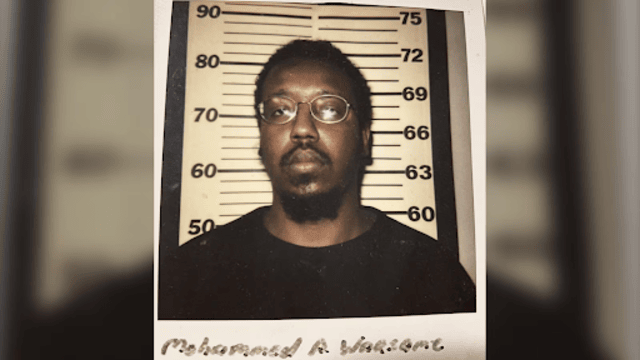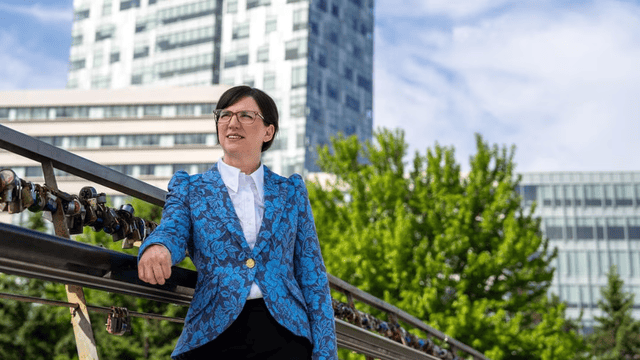
Dennis Cooper appears in a 1977 school photo with his Grade 6 teacher, Brian Moore. Cooper is one of two victims who received court approval to reveal their names publicly. CTV
An 85-year-old former teacher lost his fight to throw out nine convictions for sex crimes against young boys. Judge Robert Hamilton dismissed his claims that delays in the case should stop the trial.
Brian Melicke Moore was found guilty this year in North Vancouver of eight indecent assault charges and one charge of inappropriate touching. He was cleared on three other counts. The crimes happened between 1976 and 1982 when Moore taught Grade 6 students. One charge involved an incident at his home between 2005 and 2007.
Moore’s sentencing will happen in July.
Long Wait Before Charges
The police first learned about Moore’s crimes in 1988. At that time, they told him no charges would be filed unless new evidence appeared. Moore argued the 34-year wait to bring charges violated his rights under Canada’s Charter of Rights and Freedoms. He also said the delay between his 2022 arrest and formal charges in 2023 was unfair.
Judge Hamilton rejected these claims. He explained the case stayed quiet for years because the police and prosecutors waited for new information. The fresh evidence only came in 2022, and charges were approved after a year of investigation.
The judge said Moore knew since 1988 that more evidence might appear, so the stress he felt was caused by himself, not the police or Crown. “I would characterize the stress… as being self-inflicted,” Hamilton wrote.
No Abuse of Process
Moore also claimed the long delay harmed his right to a fair trial and was an abuse of process. Hamilton said Moore admitted the delay did not affect his fair trial rights. The judge found no evidence the prosecution acted wrongly. The Crown kept its promise from 1988 and charged Moore only when new proof came up.
Hamilton said not charging Moore after learning new evidence would harm public trust. “Failing to bring justice… would shake the confidence of the public in our justice system,” he said.
Delay After Arrest
Moore’s last claim focused on a delay after his arrest. Police arrested him in August 2022 but did not formally charge him until February 2023. Moore argued this was a violation of his rights.
The judge disagreed. Police set the court date without prosecutors’ input. Stopping the case because charges took time to approve would harm the victims and justice itself.
What This Means
The judge made it clear that justice must happen even after many years. The evidence against Moore was strong, and the court must protect victims and the public.
The sentencing in July will decide Moore’s punishment. Meanwhile, the court’s decision shows that delays don’t automatically mean a case can be dropped, especially in serious crimes.















